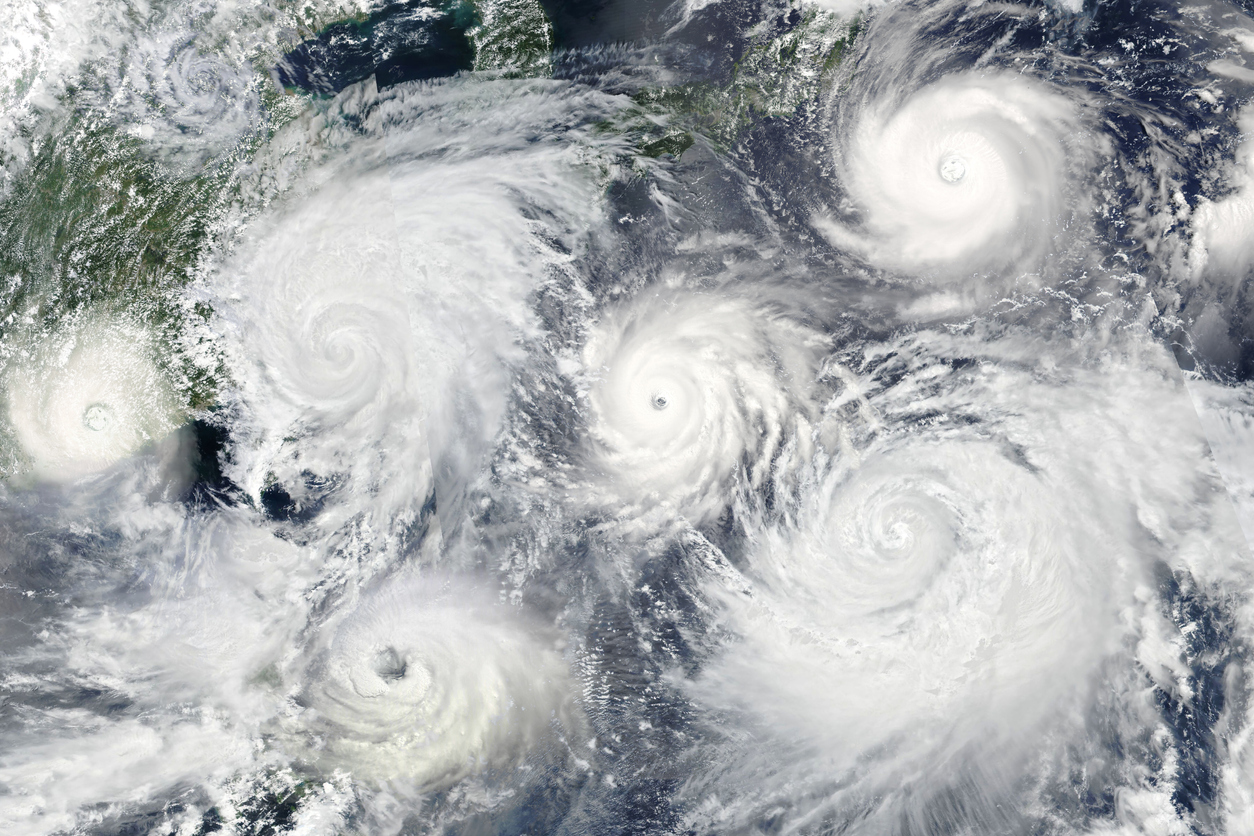When the storms of 2004 and 2005 slammed Florida and the Southeast, policyholders had a duty to notify the carrier of the loss and sometimes things went wrong during these communications. Part of the problem was because many claims were just telephoned in and many of the carriers used untrained adjusters who did not have the experience on how to handle and adjust hurricane losses. Many policyholders addressed this problem by hiring licensed public insurance adjusters to handle their claims; representation by lawyers well versed in this area of insurance law was also common with these hurricane losses. Today, policyholders still have a duty to notify the insurance company of a claim, and even with all the advancements in technology, you need to make sure your insurance company is properly on notice.
Policies vary and the specific requirements for notification are going to be spelled out in the policy. Look for the section that discusses “Duties after a Loss”. Missing this section in your policy? Ask your insurance company for a complete copy of your policy. A certified copy is best. The specific elements will be found in the policy and can vary.
Here is sample language:
Duties in the Event of Loss or Damage
a. You must see that the following are done in the event of loss or damage to Covered Property:
(2) Give us prompt notice of the loss or damage. Include a description of the property involved.
Here are some tips that can help when you are making a hurricane claim:
1. Rely on the specific policy language.
Every policy has language about the duty of the loss and you want to make sure you comply with the language. The policy language above requires you to give the carrier notification of the event. Specifically, you need to tell the carrier you have damage from the hurricane.
2. The second requirement is to give a description of the damage and this description can greatly impact how your claim is prioritized. If you only initially report a certain problem, it will be an uphill battle. For instance, just because your roof is attached doesn’t not mean it wasn’t impacted. An expert needs to inspect if you have an inclination or evidence of a problem.
3. Carriers will likely be getting a multitude of claims and trying to assess over the phone and prioritize. This can mean that the call center is also trying to find out which claims do not need an adjuster to inspect. Remember insurance companies want to save resources and a big storm like Matthew is one that will likely cause a significant decrease to their revenue. Ensure you have your inspection done by a licensed adjuster. A skype session is not enough.
4. Not all damage is open and obvious and you don’t want the insurance company to allege that you did not fully report all of your problems. Sometimes you have to report that you “can see X damage but there could be more because you have not been in the attic or on the roof, etc.”
5. The insurance company is likely recording or taking notes of this initial notification – you should keep a record too. Keep a written record of every person you speak with and ask how you can follow up your notification in writing. This means getting an email address or a even a fax number. Send an email recap of the conversations. Once a written notification is submitted, ask for a confirmation of receipt. For every person who visits your house, ask for a business card and ask specifically what they are there to do. Watch and see if they do what is promised and not how long they are there with you on site.
6. If you don’t know or you aren’t sure of the extent of the damage, it is much better to have the claim evaluated early on as opposed to calling in a claim a long time later.
With Hurricane Wilma some policyholders saw trees down and shingles on the ground but they thought the wind damage was minor. They considered themselves the Lucky ones”. These policyholders were so thankful that they were spared a bad claim. However, many residential properties suffered wind damage that was significant but not exposed on the outside of the home for a lay person to see. Florida had a long dry spell after Wilma and it wasn’t until a significant duration later and some bad rain storms some that Wilma damages and compromised roofs showed signs of the problems with interior leaking. A qualified and licensed public adjuster that comes highly recommended as working only for policyholders can help a person who is not familiar with these damages, and assist with making sure the expert evaluations are timely done by engineers, licensed contractors, and roofing specialists as needed.
7. Public Insurance adjusters have a 10% contingency emergency rate that they cannot exceed with Hurricane Matthew. If you hear that hiring a public adjuster will just delay your claim consider these factors. First, the insurance representative who is telling you this has a duty to his or her boss and not to you! This sounds strange but it is true. So you really need to remember what motivates the representative. Second, hiring someone who is well versed in property insurance is going to cause this representative to have to do more work because they know the public adjuster will address any shortfalls. This may take more time but the odds of a better adjustment are in your favor. Florida’s Government Accountability Office studied the value of hiring your own adjuster in this OPPAGA Report and my prior posts discuss the value of hiring an adjuster. The amount of claim payments for unrepresented policyholders was shockingly lower. So if it takes a little more time to be paid in full, it is a sound investment.
Three Reasons to Hire a Public Adjuster
Public Adjusters and Sinkhole Claims
8. If you don’t have confidence with the adjuster sent from the insurance company you can request another adjuster or a supervisors. Make a diary log of each call and the name of the person. For every call, send a follow email that gives the summary. You can also hire your own adjuster on a contingency basis.
9. Be on the lookout for companies that are offering to help you. Some are great and some may have an ulterior motive. Has this company handled major storms before or are they a new outfit? What is the company seeking to do for you and how will they paid? If an entity wants to offer repairs to your home, you will need to have an agreement on what work will be done for what price. You need to understand the documents you are signing and whether they include an assignment of your insurance benefits and if a total assignment of benefits can divest you or all your own rights. This is a stressful time but good help is available. Knowledge and knowing when to ask for help can be key.
10. Finally, don’t dispose of things! Yes, most people are anxious to re-build but you have a duty under every insurance policy to notify the insurance company and allow for the inspection. The representatives have to see the damage and you should not throw away or dispose of things until you have written confirmation from the company and your own photos for documentation. But wait, you may need even more time before you start disposing. Making a personal property inventory may be in your future if you have a contents claim, and you may hire a public insurance adjuster to assist you with this task. You may also need the information for your proof of loss. It is much harder to quantify your losses if items were prematurely sent away to the dump.
The reports of Hurricane Matthew are not forecasting an incredibly strong storm, and our blog will post updates as we learn more information. Follow the warnings and make sure you do everything you can to stay safe.



